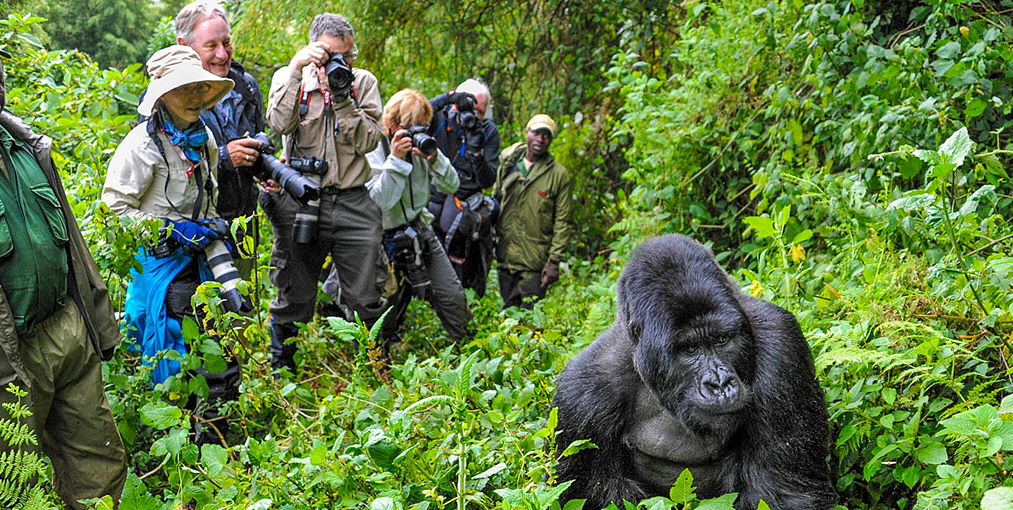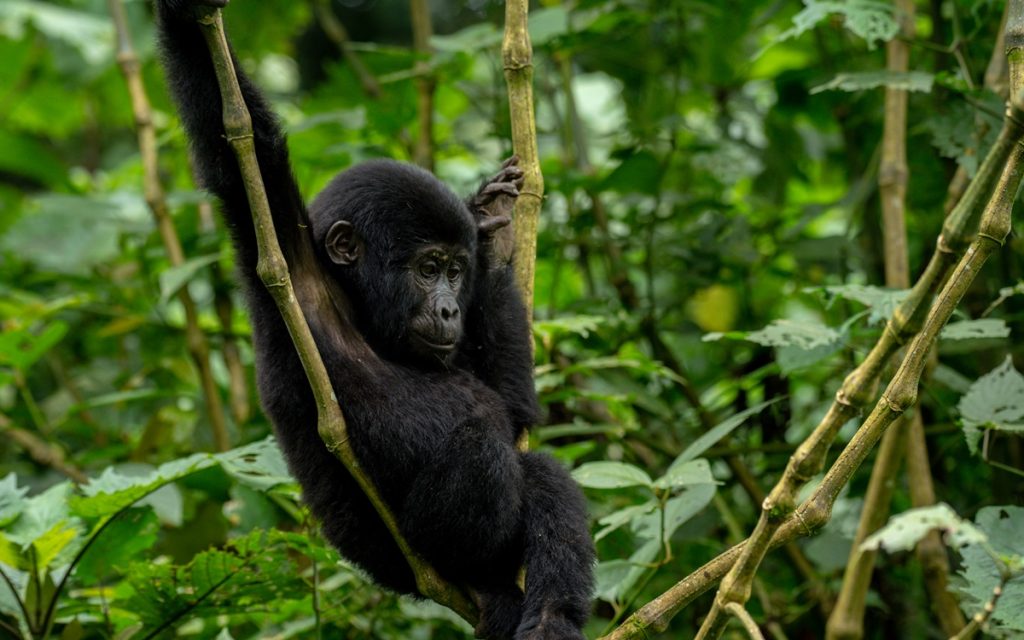- Written by: Anthony
- June 24, 2025
What do Elephants eat? Elephant diet, sex, weight & Facts
What do Elephants eat? Elephant diet, sex, weight & Facts
An African Elephant – scientifically known as the Loxondonta Africana is the largest savannah mammal on earth. These giant mammals known not only for their massive weight but, intelligence and strong social behavior have fascinating life facts you need to know.
The elephant’s diet and feeding habits play a key role in their survival and the environment they inhabit.
What Do Elephants Eat?
Besides the giant nature, it will amaze you to learn that elephants are strictly plant eaters and do not eat meat. Their diet consists of grass, leaves, bark, roots, and fruit. In some areas, they also eat crops like bananas and sugarcane when they find them.
From just plants alone, a giant fully grown elephant may eat up to 150 kilograms of food daily and just a single adult elephant drinks about 200 liters of water.
The amount consumed by an individual adult elephant may vary depending on the level of hunger and thirst. In some cases, it may double the average consumption amount.
Elephant Feeding Behaviors
Because of the high amount of food required to run their giant body size, you will always sight elephants spending most of their day feeding. Their strong trunks help them pull branches and uproot plants.
Elephants also use their tusks to strip bark from trees, which provides essential nutrients for their body size.
During dry seasons, elephants may dig for water using their trunks and feet. This helps not only them but also other animals that rely on the same water sources – making them essential in the ecosystems lifecycle.
Young elephants feed on their mother’s milk for the first two years until they become ready to start consuming some simple and soft plants.
By the age of five, they rely entirely on solid food and abandon the mother’s milk.
The elephant’s digestive and other body systems are designed to handle the elephant’s giant nature. For example, the elephant’s digestive system is designed to process large amounts of plant material, much as they can only digest about 50% of what they eat.
Elephants need to eat so much in order to sustain sufficient nutrients to keep their body.
Interestingly, elephants are non-ruminant animals, meaning they don’t belch, ruminate, or chew cud like other ruminant animals such as cattle, goats, buffaloes, etc. That’s why elephants gas a lot!
Elephant’s Role in the Ecosystem Lifecycle
While elephants shape the landscape through their feeding habits, hippos also contribute to the ecosystem. They graze on grass and transport nutrients between land and water.
The elephant’s dung fertilizes rivers, supporting aquatic life. Though different in diet, elephants, hippos and other giants share a role in maintaining ecological balance.
Suggested Safari Itineraries
14-Day Uganda, Congo & Rwanda Gorilla Trekking & Wildlife Safari
$ 4900
per personDo Elephants Eat Meat?
Elephants neither hunt nor eat meat. Their teeth are flat, making them suitable for grinding plants, not tearing flesh. Their digestive system is also built for breaking down fiber, not animal protein. Unlike carnivores, elephants lack the instincts and physical adaptations needed for hunting.
Do Elephants Struggle to Find Food?
Yes, elephants sometimes have difficulty finding food. The biggest reason is habitat loss. As human populations grow, people move into elephant habitats, reducing their natural food sources.

African elephant feeding on cactus tree
Roads, railways, pipelines, and settlements break up their environment, making it harder for them to access feeding areas. With fewer places to roam, elephants are forced to overgraze in the areas that remain.
Poaching adds another threat and makes it even harder for elephants to feed. With shrinking habitats and ongoing dangers, elephants need protection. Elephant Parade helps by donating 20% of net profits from elephant replicas and other merchandise to conservation efforts.
Recommended Safaris
6-Days Murchison Falls & Queen Elizabeth Safari with Big 5 Sightseeing
$ 1350
per personOther Elephant Facts
In the wild, elephants migrate in search of food and water. Their movement helps shape the environment, creating paths and clearing vegetation. This benefits many other animals that share their habitat. By eating and spreading seeds through their dung, elephants also help forests grow.
The elephant has the largest and heaviest brain among all animals. In fact the elephant’s brain weights up to 15,000 pounds.
Elephants may give birth to twins however, they mostly give birth to single baby elephants.
The average lifespan of an African elephant is 38 years in natural habitat.
Elephants are purely herbivores – meaning they eat strictly leaves, plants, tree branches, fruits and tree barks.
Elephant’s produce dung with high concentration of methane gas capable of fueling a car for about 20miles.

Conclusion
Elephants are not just large animals; they are known for the massive body size, strong intelligence and social strength but importantly, they play a key role in maintaining the balance of their ecosystems.
Their plant-based diet supports not only their survival but also the survival of many other species.
Friendly Gorillas Safaris is happy to arrange exciting Uganda or Rwanda safaris to the massive giants. Our safaris take you to enticing elephant destinations like Queen Elizabeth National Park, Murchison Falls and Kidepo Valley National parks which are regarded some of the Africa’s best elephant sighting destinations after Tarangire National Park.
Get in touch and let’s start planning!
Anthony

Ready for your ultimate wildlife experience?
Chat with us, our team is always here to help!
You may also like …

Got any questions
about traveling to Uganda?
Get in touch.








